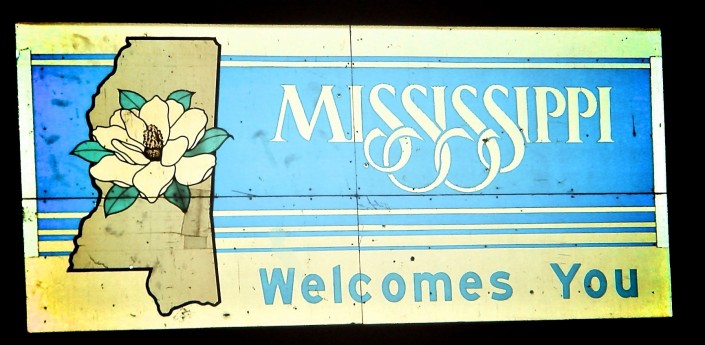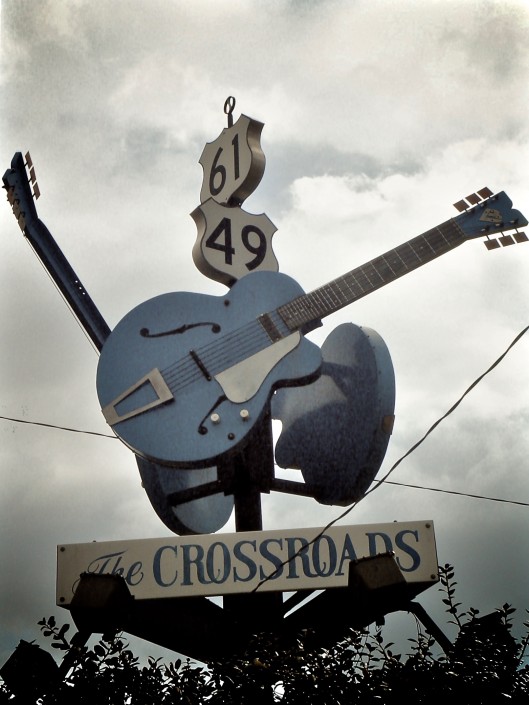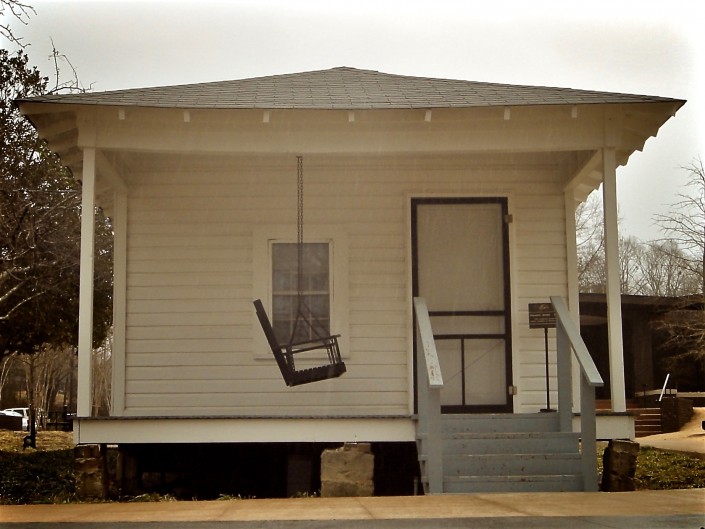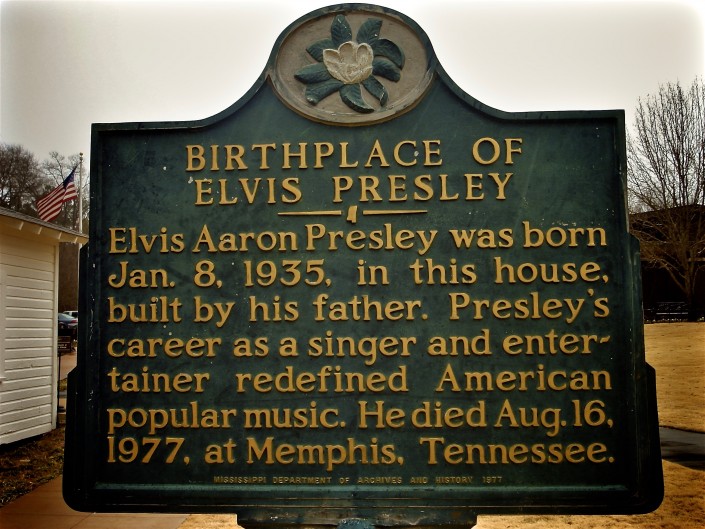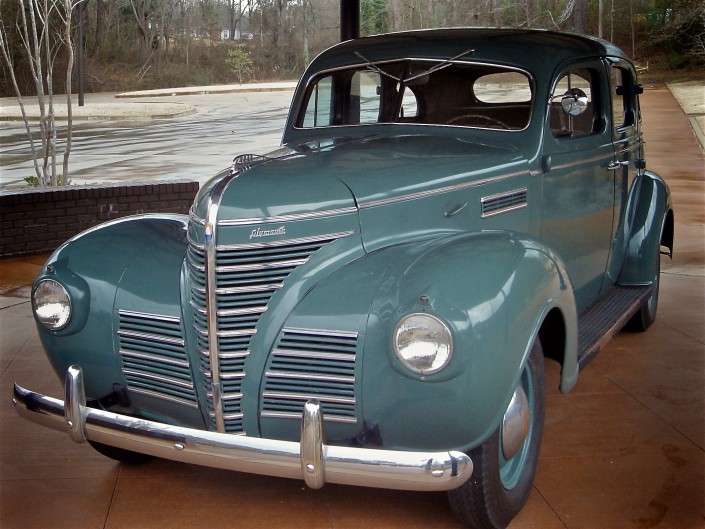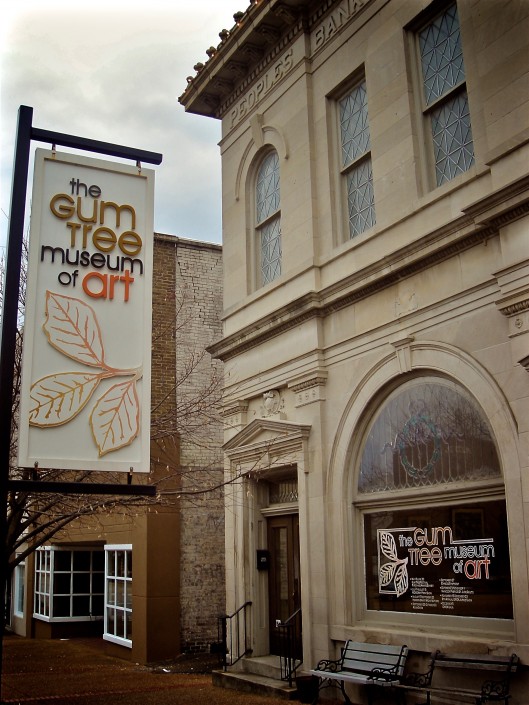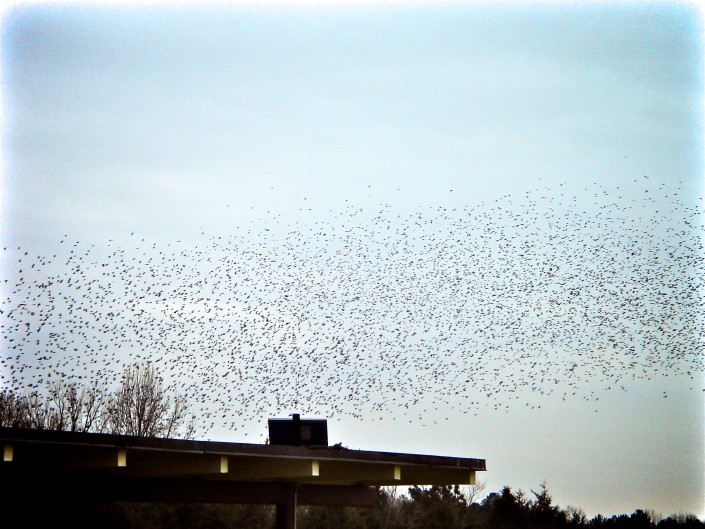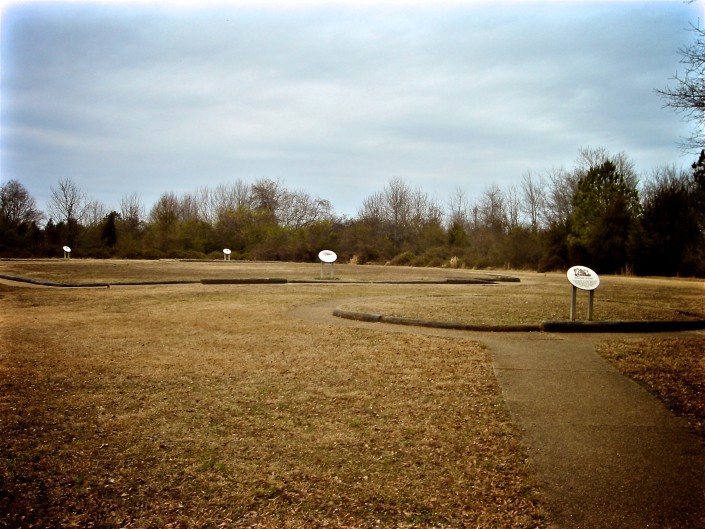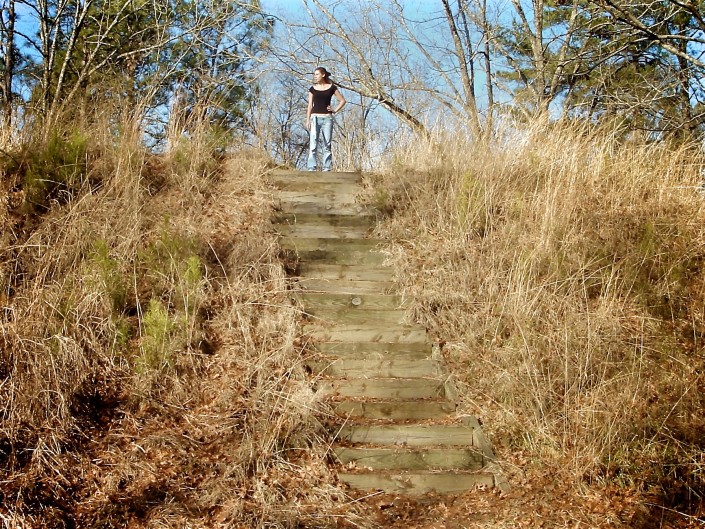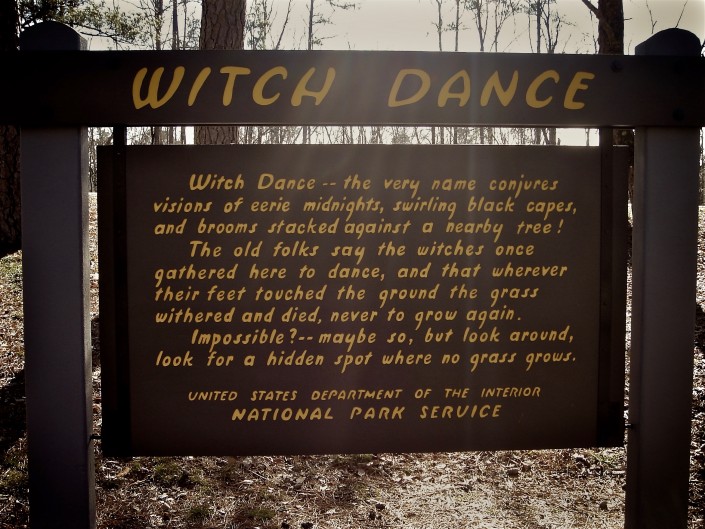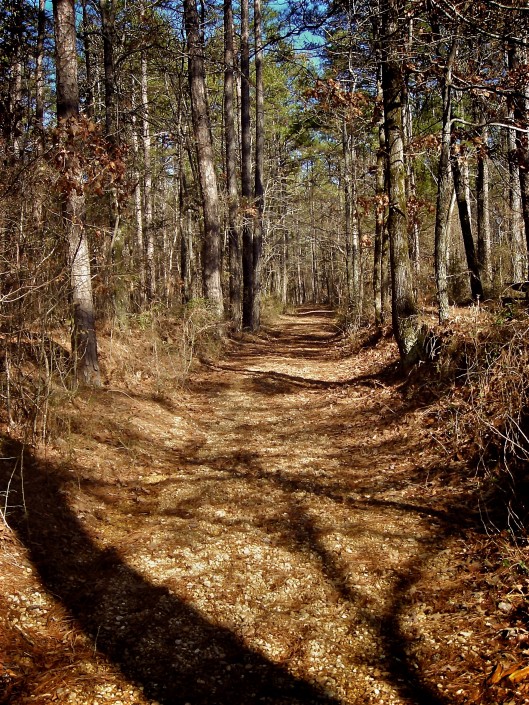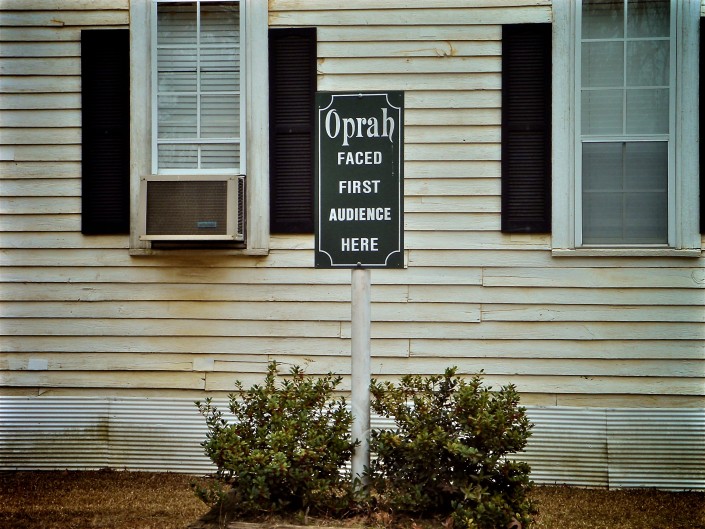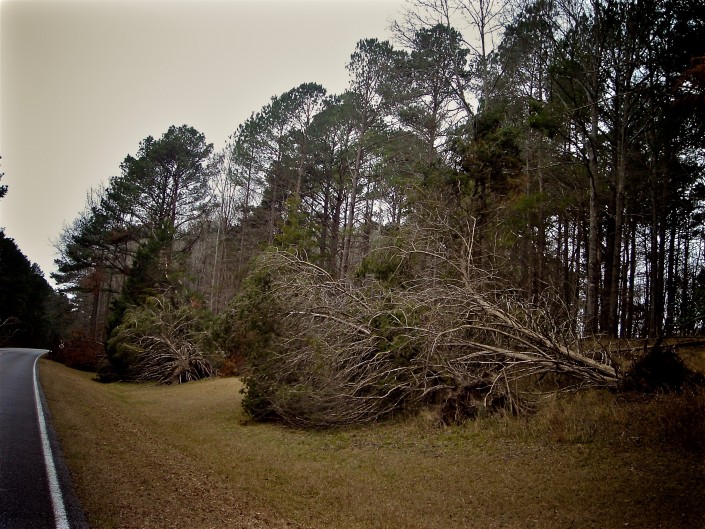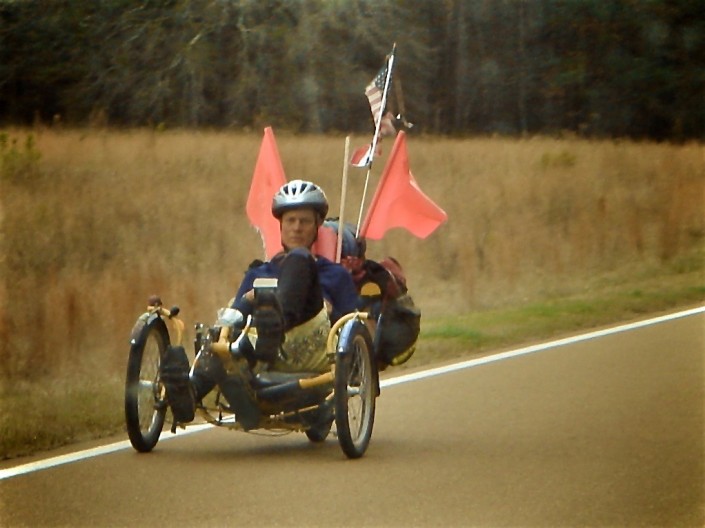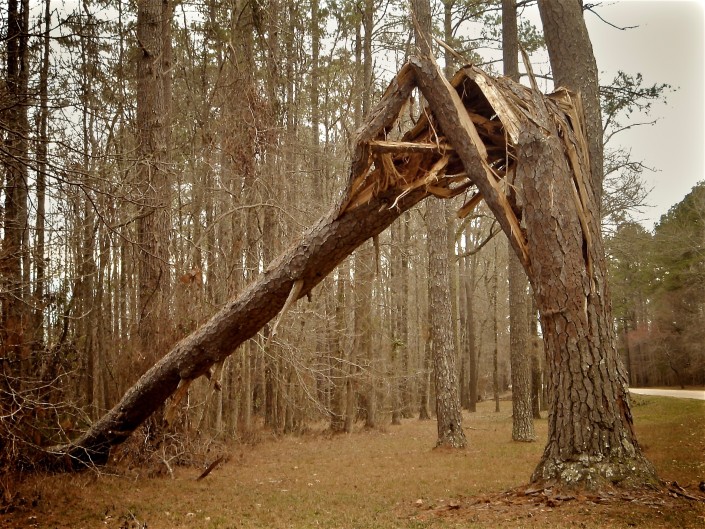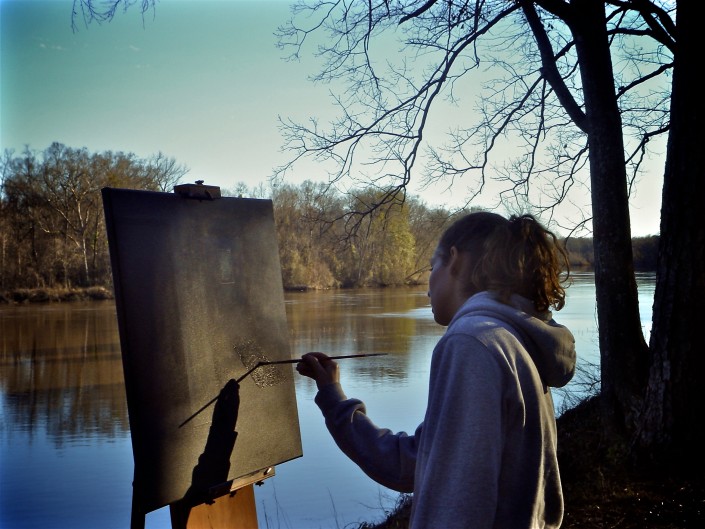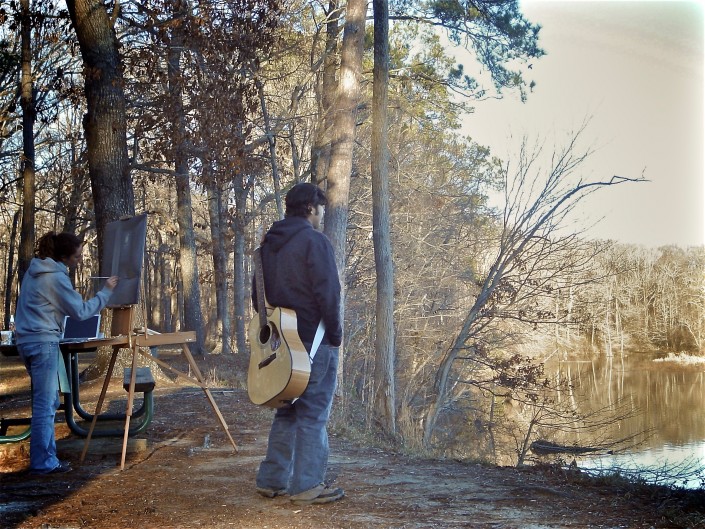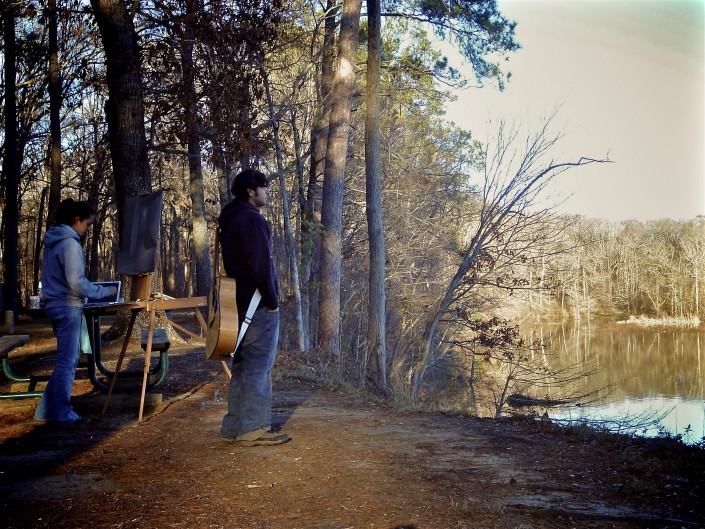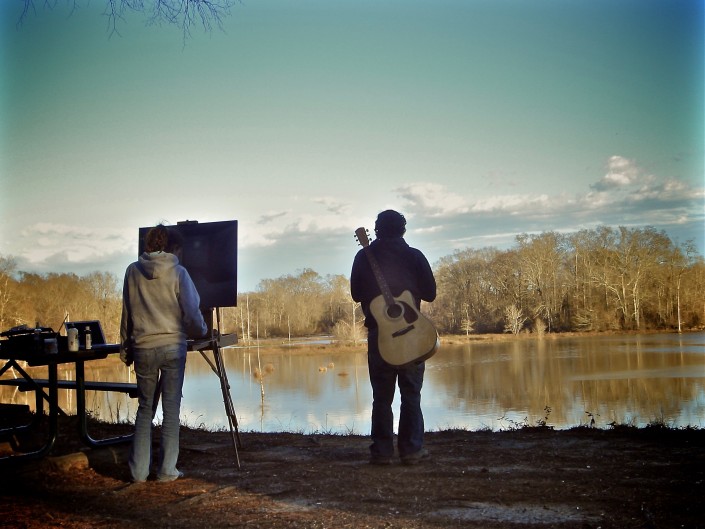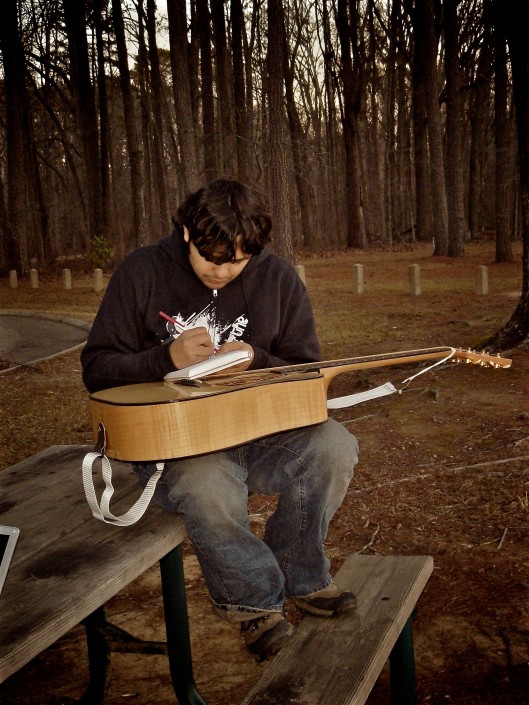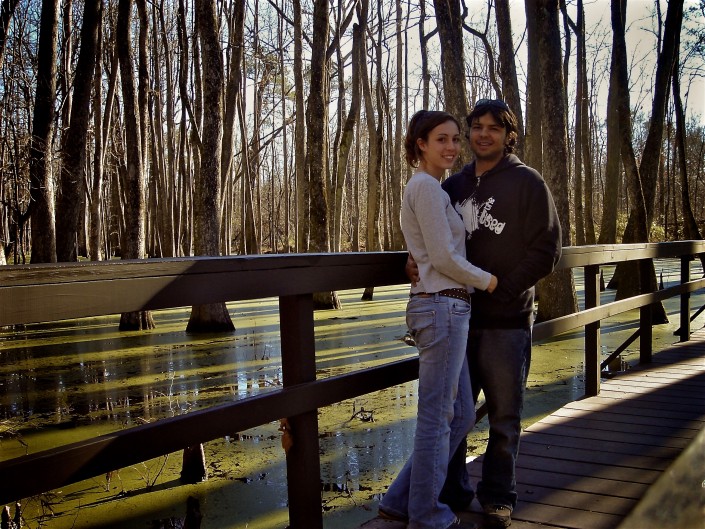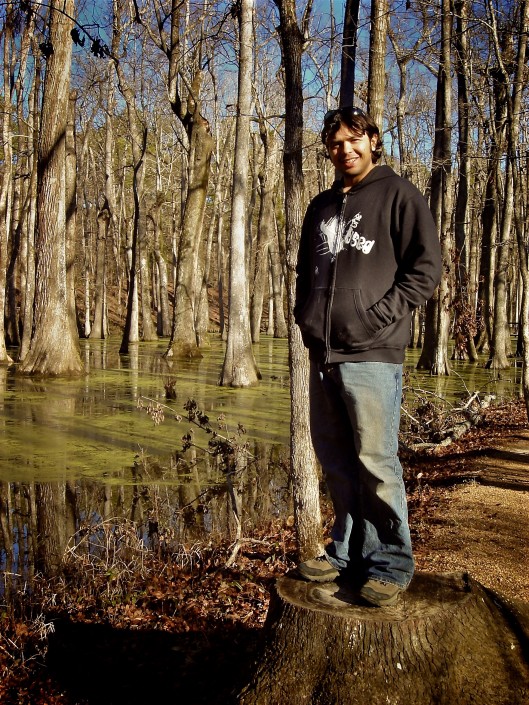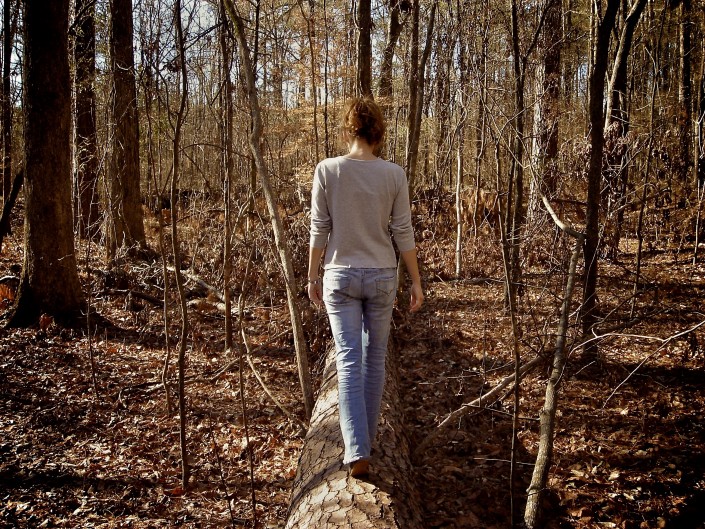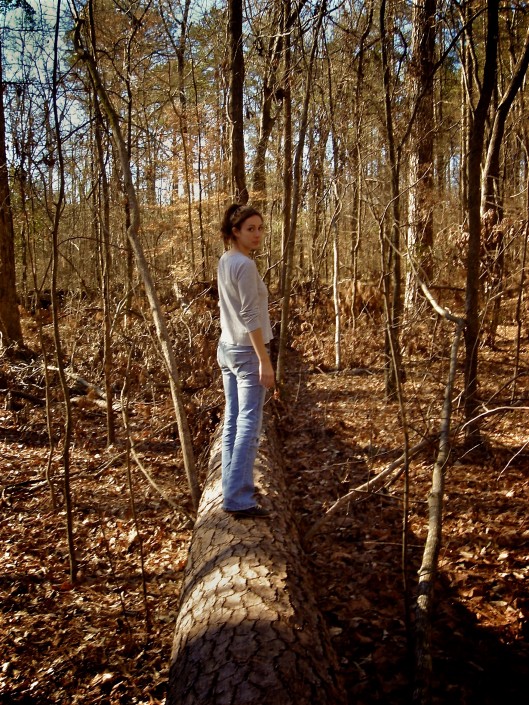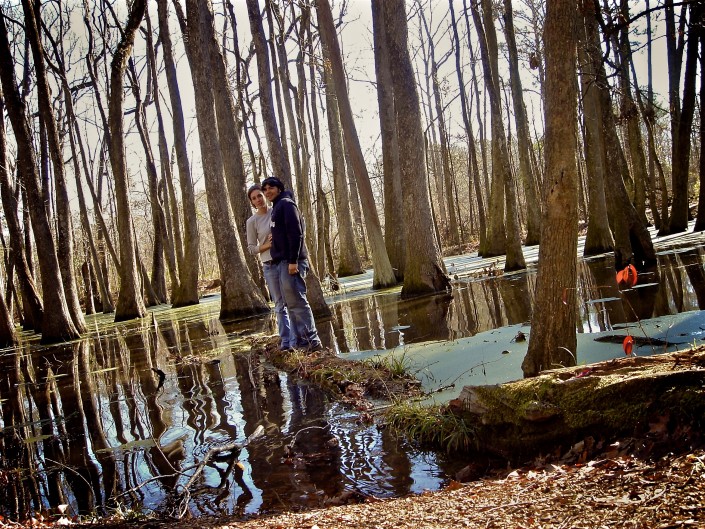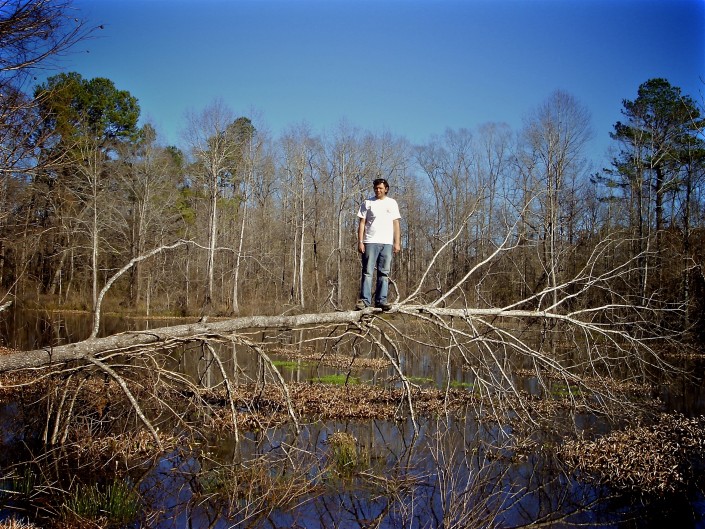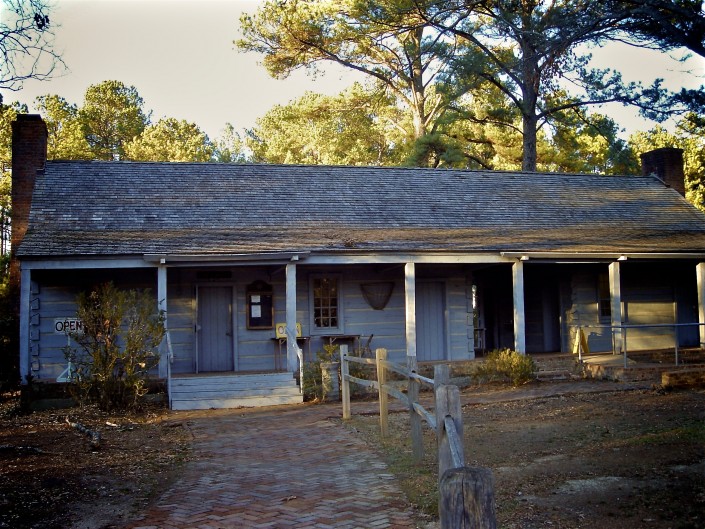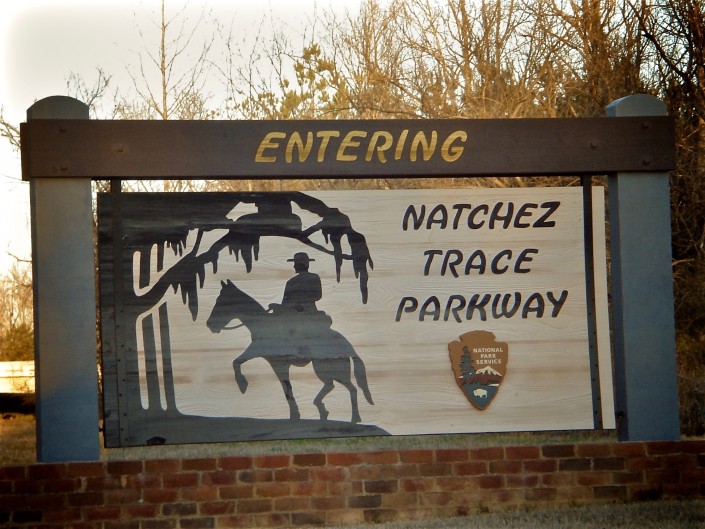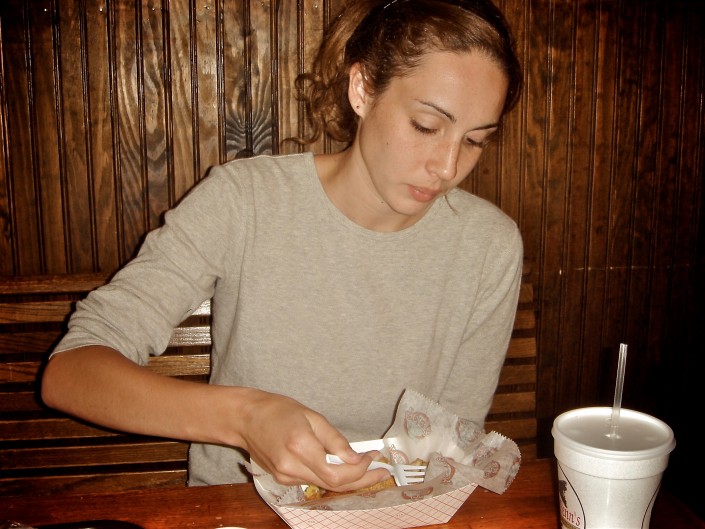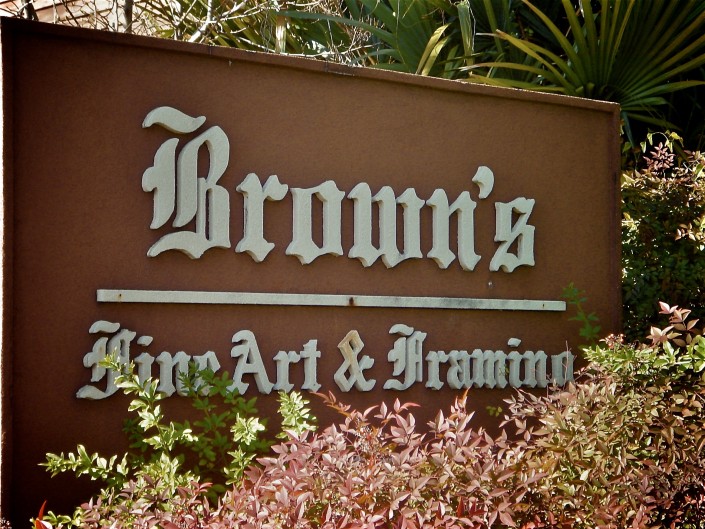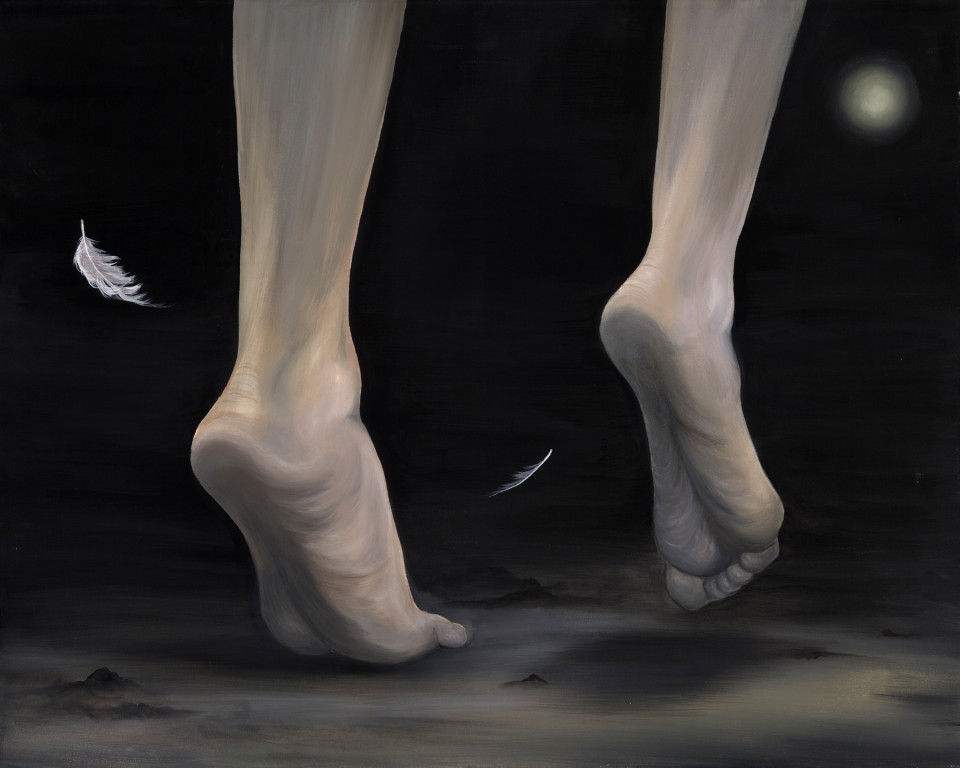
Mississippi. State #9
Along the Natchez Trace in Mississippi, we navigate through lands that were once owned by the Choctaw and Chickasaw native tribes. Markers on the side of the road educate us on the historic significance of this heavily traveled path. I read that many natives in the area began farming and setting up “stands” as rest stops for the white men. That is, before they were forced to leave altogether.
This is where the “Trail of Tears” crosses. In October 20th, 1820, under Andrew Jackson’s presidency, the Choctaws reluctantly gave the U.S. a third of their land (5 1/2 million acres) in the treaty of Doaks. Ten years later, on September 27th, 1830, the Choctaws were forced to give up the rest of their land to make room for white settlements all along the Natchez Trace. It was the Treaty of Dancing Rabbit Creek, signed by Chief Ofahoma, also known as “Red Dog.” This is the action that determined the tribe’s final retreat to Oklahoma.
We stop to make lunch at one of the trailheads along the road, where a legend of a witch dance is described. According to the sign, witches once gathered in the area to dance and wherever their feet touched the ground, the grass withered and died to never to grow again. The story dances through my mind, but instead of witches, I imagine the Choctaw’s last dance as they joined a path of exhausted retreat. Sadly it was a dance of death, disease, and suffering, so the Mississippi painting is composed in my mind.
Native Americans believe that we never really own the land, but that the land will forever own us. This is a concept that Alfonso and I consciously adopt as we travel further into the landscapes that hold the soul of those before us. As I paint the last feather onto the In an attempt to pay homage to the Choctaw Tribe, I search for translation of the word dancer by calling the Choctaw Nation’s Language department in Oklahoma.
A man, who calls himself Curtis Billy, is head of the language department and he explains a little about his language. “Dancer” can be written as hiĺa, pronounced he•tha, with what is called a bar “L.” Going into further detail, Curtis Billy shares how make the word past tense by placing the word “tuk” (pronounced toke) after the verb. Therefore, the word “danced” would be hihla tuk. I thank him for his kindness, and feel honored to include a bit of the Choctaw tribe in our experience.

